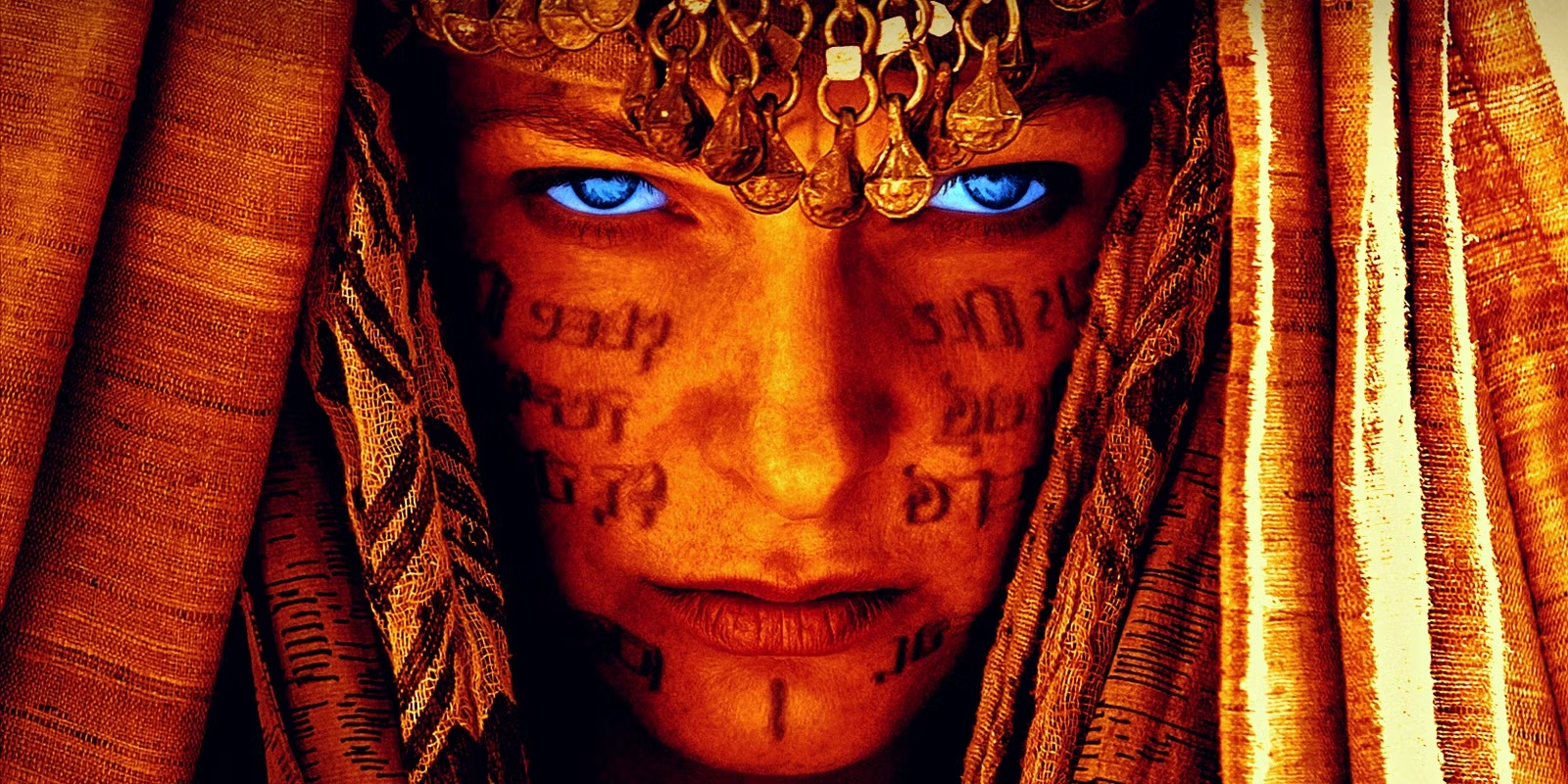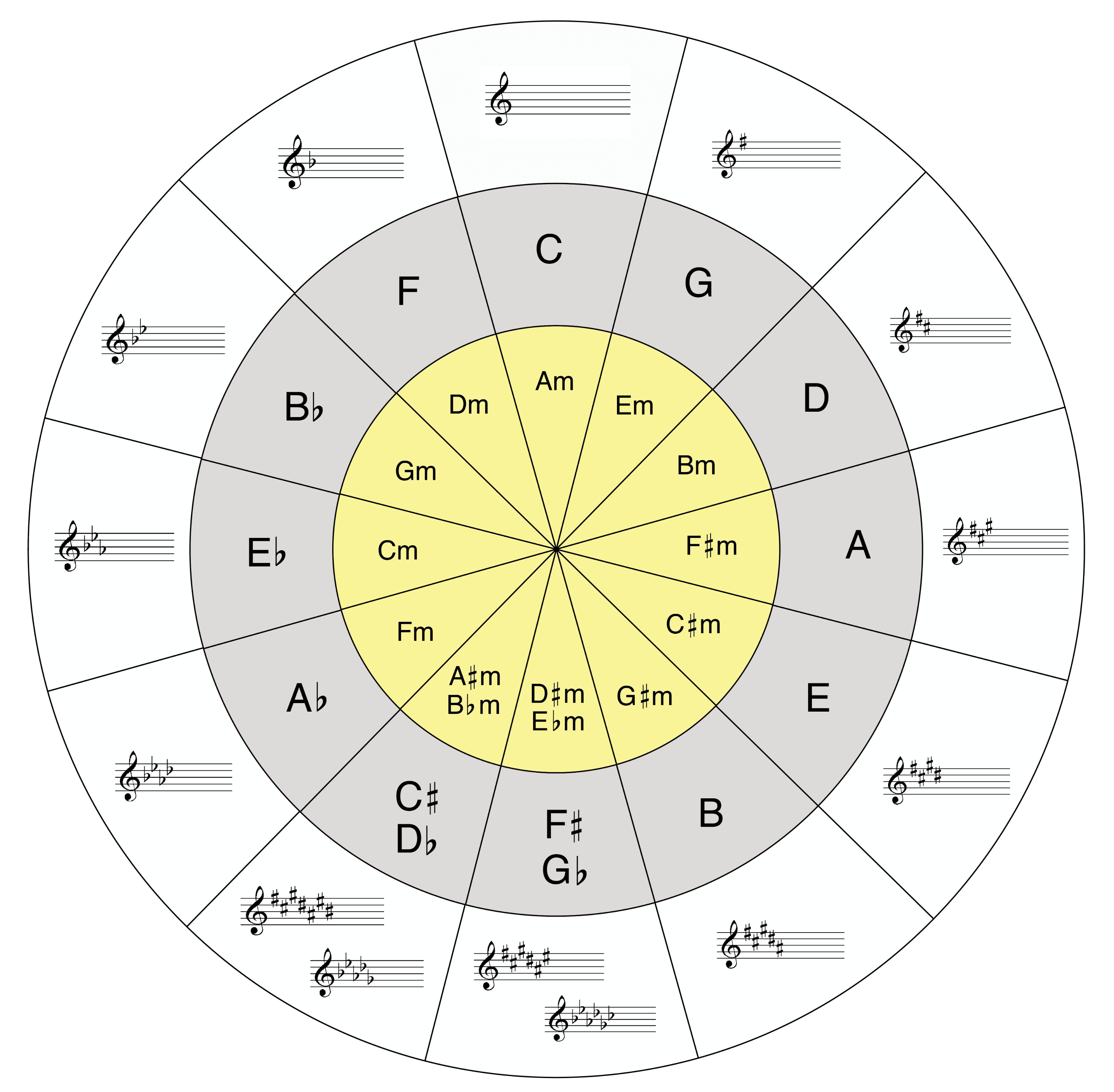When I saw the first movie, I thought it was... fine. I was inbetween when comparing to my friends views who either loved or hated.
Mostly I just think it didn't have the time to fully open up the world to us. After watching it, I was excited for the second. I had a good feeling it would be superior. And it was.
I loved it

Definitely second-watching it later. Stupidly there were no English subtitles, and about half the movie dialogue was in a fake Arabic language.
We now had an opportunity to fully explore major elements of the Universe, from the different political houses to the nature of the sandworms and the varying physics of planets.
For me, as a musician, I felt the soundtrack was in 'error' in the first movie, but it was somehow fixed without really being changed in the second. The problem to start was that it's just 3 hours of that booming arabic sound with giant drums... it gets insufferable. I was pained to hear Hans Zimmer announce on social media that he would be recycling a bunch of it in the second movie.
6 hours of Arabic / Egyptian stereotype music, urgh
(a tiny bit of spoilers here)
But as the story unfolds, you realise that the protagonist isn't necessarily a good guy, or what he's doing is the right thing. Suddenly things start to fall into place musically.
We're drawing a sense of moral ambiguity from the soundtrack in surprisingly clever ways. In certain scenarios, the music can sound heroic and virtuous, like victory in battle. But the exact same ideas and themes can also sound forboding or even straight up evil.
It's a neat trick.
To be clear, even when I couldn't endure such unrelenting noise for so long in the first movie, I still acknowledge that it, and the process of its making, is nothing short of incredible. Suffice it to say it is more unique than you'd think. There's no orchestra, there's hardly any obvious themes outside of a 'general feel', and what you think you hear is not what you're hearing (The famous bagpipes scene in the first movie is Guthrie Govan on guitar!).
Most the sounds you hear are either completely created electronically, or natural instruments manipulated electronically in any number of ways, with the exception of voices.
The Power of Scales / The Scale of Power
In order from dark to real f&#king dark
The most thematic sound you might hear is the 'Arabic' Scale. This stands to reason as the second movie, even more so than the first, is explicitly Arabic influenced. A quick double check and Frank Herbert did indeed find heavy inspiration from the arabic world. Some of the scenes literally have the characters praying in a certain direction in the exact same way a Muslim might, and the presumably invented language is also remarkably similar in tone.
So for a movie called Dune, based around a literal desert planet written by an arab-influenced author, it makes sense to have that music influence, too. But it goes beyond that.
This Arabic scale is technically, in a western musical sense, a major scale in that it has a major 3rd and a major 7th. But unlike a major scale, which can be uplifting and joyous with a sense of home or completeness, you get the exact opposite vibe from this scale, with its lowered 2nd and 6th notes:

It brings much more uncertainty and anxiety, for sure, while still capable of expressing that major scale positivity - exactly what the movie needed.
How?
The focus on the first and second note above is fairly common yet powerful use of dissonance. If you're in C major as above, your 7 notes are simply CDEFGAB.
But the second note is a Db (D-flat, lowered half a step). The closest key signature with a Db in it is Ab. In this circle of fifths, you can see Ab around on the left side, with C on the top.

Basically all you need to know here, is that Ab is quite far away from C major. There are only 3 notes in common out of 7 between the two of them, so when playing one chord from each key, you're in alien waters. This creates a pretty stark contrast, almost a punch to the gut, in fact, when combined with the booming Zimmery percussion (a topic for another day)
Darker
There's also parts of the soundtrack that go subtly darker than this with what I believe is the 'Romani Minor' scale, also known as the 4th mode of the Neapolitan - very exotic and uncommon:

Both scales take advantage of the largest leaps you can make in intervals between notes while still being a scale to give that uncomfortable, unsteady feeling as the melodies do. The difference is that this one is technically in a minor key on top, which gives it the more inherent, western musical sense of 'darkness' and foreboding.
EVEN DARKER!
For the unambiguously evil scenes, we are introduced to the Octatonic scale, which is an umbrella term for two scales which are basically alternating between half and whole steps:

This 8-noter is particularly unstable as it lacks any of the traditionally musical elements we hear in pretty much any music. (actually, this is used in Dream Theater's 'Octavarium' Masterpiece, as well as Jazz noodling, but still).
Making this the centrepiece of a track rather than a passing melodic line is a brave move, though probably a bit more common in movie scores than anything else. the instability is driven by using extremely low frequencies of an extended double bass or some other electronic booming resonance, taking its slow, steady time climbing up and down.
It is about as dark as you can get when it comes to picking notes.
Enough About the Notes
The music overall is exquisitely crafted from all angles to get the precise envisioned sound, and that's impressive.
Though it didn't work so well in the first movie, the fundamentally same music functioned far more powerfully in the second and truly got you feeling the world and the political strife from all sides. the lack of any obvious 'Lawful Good' character is quite special in itself so it makes sense to lean in on this concept.
While most movies have flawed characters that build and grow as time progresses, making you feel empathy for the protagonist, so far we're two movies in and we just don't feel that. We want to feel like Paul is the good guy, simply because he's the main guy. But is he?
He lies and manipulates 'for the greater good', tricking an entire society into thinking he is the Messiah so they follow him to death in war. He toys with a girls emotions for the sake of empire games, and he instructs his followers to slaughter everyone in a room once caught - except the emperor himself who will be kept as bait.
He may believe it's the right thing to do, and in the context of history, maybe it will be. But we won't know or feel that until the third movie, and his actions so far as not exactly a reflection of what we consider lawful good, or even chaotic good or lawful neutral really.
The Genius of Zimmer

Zimmer is a self-taught composer. You can kind of tell. He's absolutely musically talented, but when compared to other composers such as John Williams of Jurassic Park and Star Wars, his was always just on a whole other level when it came to musical prowess and complexity compared to Zimmers more simple, to-the-point scores.
This compelxity, however, is not really the point of Hans Zimmer. It's not a competition. His is the master of sound itself, rather than the notes on a page instructing the sounds (which he's also good at). You can use the 4th mode of the Neapolitan scale or the Double Harmonic Major all night and day and you won't accomplish the sound that Zimmer has constructed from the ground up in this, and other movies.
That's what makes him so special.
His music is also just as recogniseable as his, like other film composers' music. Anyone can tell a John Williams soundtrack when they hear it, for example.
Nobody can make a sound quite as big as Hans Zimmer and his team. Next time you see a movie and you hear giant chasms of sound that rumble in your gut for hours after you get home, make a bet it's Hans, and you'll probably win.
Overall, a heavy investment to get into the movie and books. It takes a toll on your spirit, but definitely a worthy payoff, musically or otherwise.